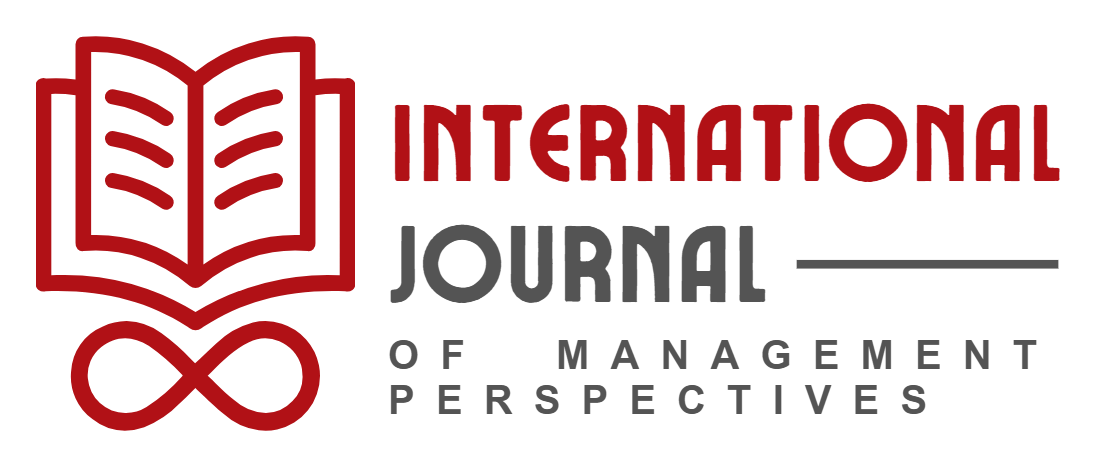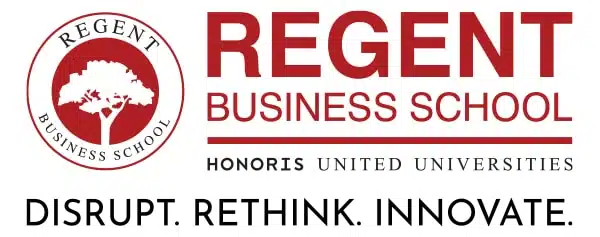In many cultures globally, turning 21 is seen as a milestone signifying a coming of age. It signals a transition from childhood to adulthood. As we enter the 21st year of the 21st century, the same can be said for the way we live and work in a rapidly changing world. Our technologies are coming of age, in that more than ever they impact the way we interact with people and the way most of us perform in our professional lives. These advancements have radically changed the landscape of the workplace, and as such a new set of skills are required to be successful in this arena.
The 21st century workplace is characterized by change. It is constantly evolving as new disruptive technologies and business practices force organizations to adapt, and their workforces to react accordingly. As a result, more than ever there is an expectation that apart from just “hard”, technical skills; to be employable individuals need to have the so-called “softer” skills. Despite the name, these skills are incredibly effective at allowing an individual to meet the expectations of the 21st century workplace. Workers in the gig economy often find themselves in less formal relationships with their employers, and freelancing is becoming an increasingly popular way of making a living. This has been facilitated by the efficiency with which the internet provides a marketplace for connecting service providers to those in need of services.
Furthermore, the national lockdowns enforced globally for much of 2020 as a result of the covid-19 pandemic have catalyzed many of these changes and increased the need for an evolved set of skills. These include flexibility, creativity, and adaptability to respond in an agile manner to ever-changing environments and expectations. This type of ongoing change can be intensely uncomfortable for our mammalian brains, and as such the ability to tolerate stressful situations is vital. This type of resilience in the face of adversity enables us to courageously trust our capacity to navigate the peaks and troughs of life. Due to the overwhelming amount of information we deal with on a daily basis, the ability to analyze complex situations, and to problem solve in real-world applications are vital tools. This is aided by a process of ongoing learning and retooling of our technical abilities. Collaboration with peers in culturally diverse environments through digital connections allows us to be effective team-players and not limited in our capacity to wield social influence.
Just as the social and professional landscape is ever-changing, so are the tools that we need to thrive in these environments. An agile mindset allows us to respond dynamically, and in doing increase our competitive advantage.
James Sturdee, Registered Student Counsellor, RBS


